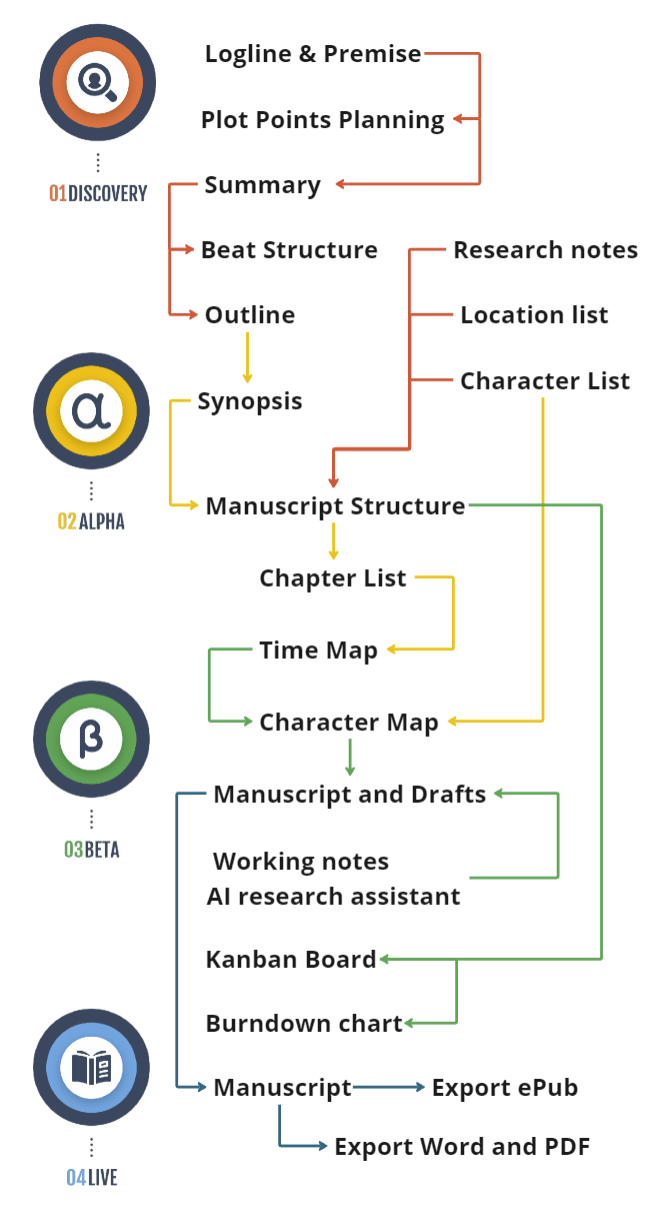In high-stakes fantasy epics, a character might train under a master swordsman, convinced they’ll never be as swift or precise as the legendary warriors of old—until, through disciplined practice and unyielding belief, they surpass even their own doubts. Writers face similar self-imposed limits. We tell ourselves we can’t write that many words in a day, can’t finish a full-length novel in under a year, or can’t possibly shift genres. But just like a farmhand turned hero, we can prove ourselves wrong by setting ambitious goals and daring to reach beyond what feels safe.
“Goal setting for people who like to win” suggests aiming for achievements that stretch you without snapping your resolve. Typical goals might be modest: “Write 500 words a day” or “Finish a draft in six months.” But if you truly want to surprise yourself—and grow exponentially—consider more daring objectives, such as completing multiple novels in a year or assembling a short story collection in just a few months. The point isn’t reckless ambition; it’s believing you can aim higher than your comfortable baseline.
Writers at any stage can benefit from this approach. If you’re new, a bold goal might be to publish a short story in a reputable magazine within a year—even if it seems improbable. For intermediate authors, maybe it’s finishing a three-book series rather than just one. Established pros might challenge themselves to tackle a brand-new genre. If you’ve ever felt too timid to chase a dream project—or have played it safe with minimal targets—this method is for you.
- Create an “Impossible” Marker: Like a champion swordsman setting a target far beyond a novice’s skill, pinpoint a goal that initially feels out of reach. Perhaps it’s doubling your daily word count or finishing a manuscript in half your usual time.
- Break It into Realistic Steps: Even the mightiest fortress is built brick by brick. Once you’ve set a daring target, outline mini-goals—each step leading you closer to your ultimate victory.
- Track Progress Religiously: Keep a log of words written, chapters drafted, or time spent revising. This constant measurement, much like a warrior’s training regimen, helps you see tangible improvements.
- Reward Milestones: Every time you hit a mini-goal—be it 10,000 words or finishing a character arc—celebrate. Treat yourself to something symbolic of progress, a small token that says, I’m leveling up.
- Forgive Misses, but Analyze Them: Missed a daily word count? Fell short in a weekly deadline? Instead of spiraling into guilt, treat it as a chance to learn. Perhaps you need more planning, fewer distractions, or a shift in your writing schedule.
Safe goals keep your growth slow and steady, but they rarely spark that electric sense of achievement. Lofty, seemingly “impossible” goals, on the other hand, push you into new territory—where you find capabilities you never knew you had. Achieving something beyond your comfort zone builds momentum, confidence, and raw skill, setting the stage for even more audacious achievements. In short, it transforms you from a cautious scribe into a fearless creator, forging stories with the fervor of a hero forging legendary blades.
Identify one writing goal that you currently deem too big, too wild, or too ambitious. Write it down. Break it into smaller steps. Then begin the journey. Dare to prove yourself wrong—and watch how your writing soars.




